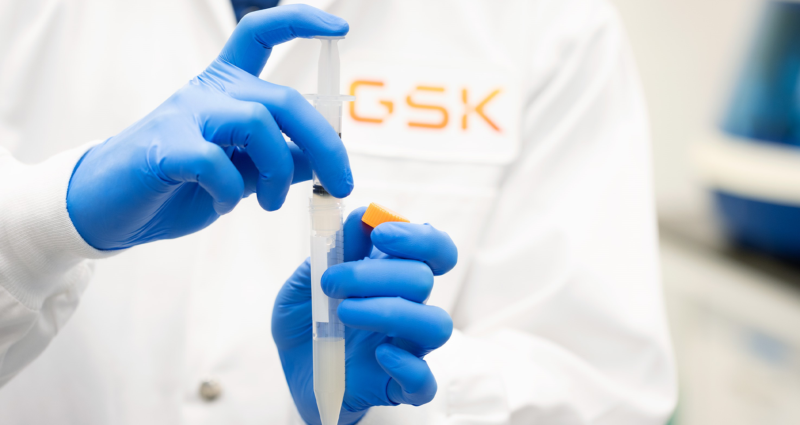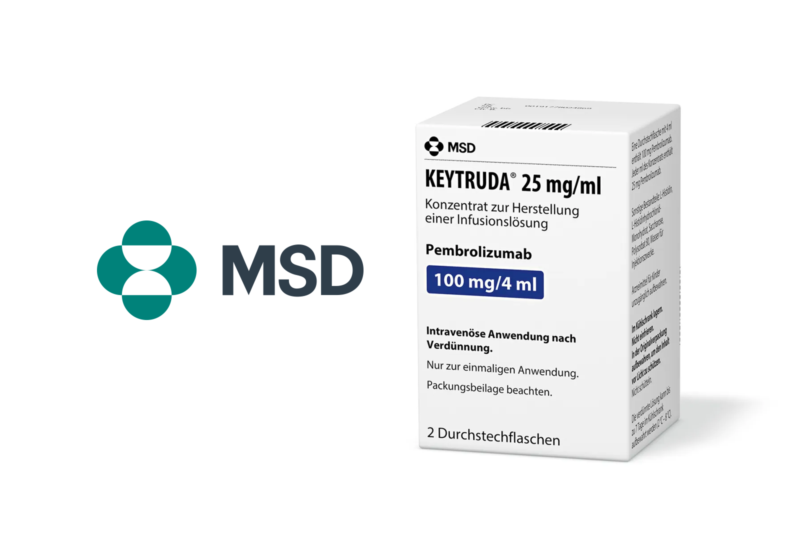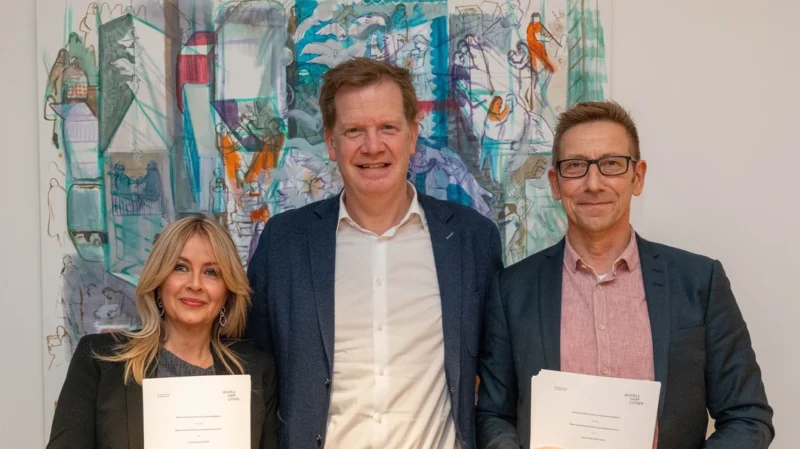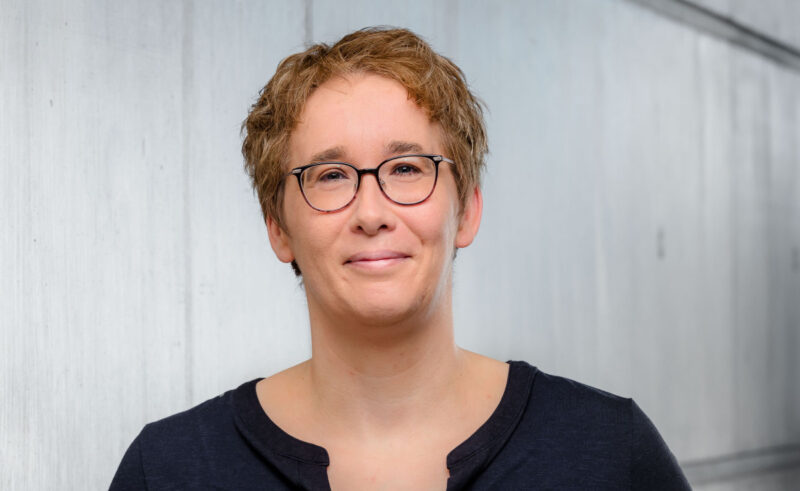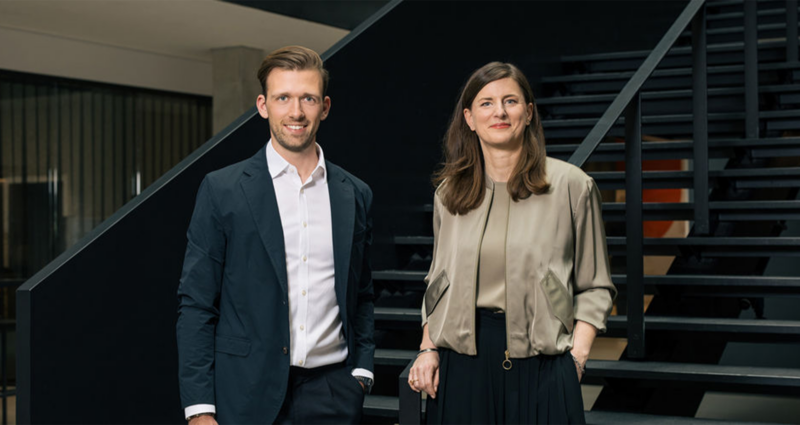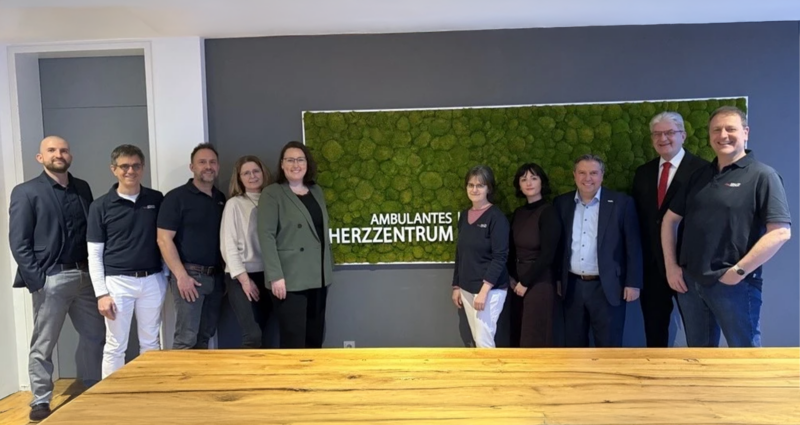
Thursday, May 22, 2025
German Biotech Sector in Transition: Record Investments in 2024 Startups – But Momentum Falters
Germany’s biotechnology sector experienced a year of highs and lows. In 2024, biotech companies attracted €1.9 billion in capital – an impressive 78% increase over the €1.1 billion raised in 2023. Excluding pandemic-related vaccine investments, this marks an all-time record for the industry. Early-stage funding also surged, with €420 million invested – more than double the previous year’s amount.
However, the upward trend came to a sudden halt in early 2025. In the first quarter alone, funding dropped by 78% year-over-year to just €130 million, compared to €591 million in Q1 2024. Experts cite global economic instability and cautious investor sentiment as key reasons behind this sharp decline.
Despite the downturn, there are signs of resilience. The number of clinical trials in Phase 2 and 3 increased, pointing to a more mature pipeline of drug candidates. Oncology remains the main therapeutic focus, with 102 ongoing clinical trials in the field.
Still, several setbacks remain. Industry revenues dropped by 8% to €11 billion in 2024, and the total number of employees declined by 5%, falling to 56,093. Only one German biotech company – Pentixapharm – went public in 2024, compared to 26 IPOs in the U.S. and four in Europe overall.
M&A activity also slowed, with just 10 completed deals in 2024 compared to 22 in the prior year. Although the total value of M&A transactions reached €3.8 billion – boosted by two large deals – experts see a challenging environment for successful exits. EY Partner Klaus Ort notes: “The drop in transaction numbers highlights how difficult it is for companies to achieve M&A exits in Germany. While high-quality deals are still possible, the path to acquisition remains complex.”
On a more optimistic note, early-stage (seed) funding rebounded significantly, tripling to €104 million in 2024. This growth suggests strong innovation potential among young biotech firms, though it remains uncertain whether investors will continue to back these ventures in the long term.
BIO Deutschland President Oliver Schacht emphasized the importance of political action: “The revival of seed funding indicates a robust pipeline of innovative ideas. However, the German government must now act to improve the availability of venture capital and strengthen the ecosystem for emerging companies.”
Klaus Ort added: “The increase in VC funding for early-stage companies is a positive signal for the sector’s future. Young companies benefit not only from capital but also from the expertise and networks that investors bring. That said, expectations are also rising, and with them, the pressure to deliver results quickly.”
Despite ongoing challenges – regulatory hurdles, international competition, and talent shortages – the outlook for the clinical development pipeline remains encouraging. The sector is increasingly focusing on personalized medicine and advanced therapeutic modalities. Digitalization, artificial intelligence, and strategic partnerships are seen as key tools to help navigate the current headwinds.
